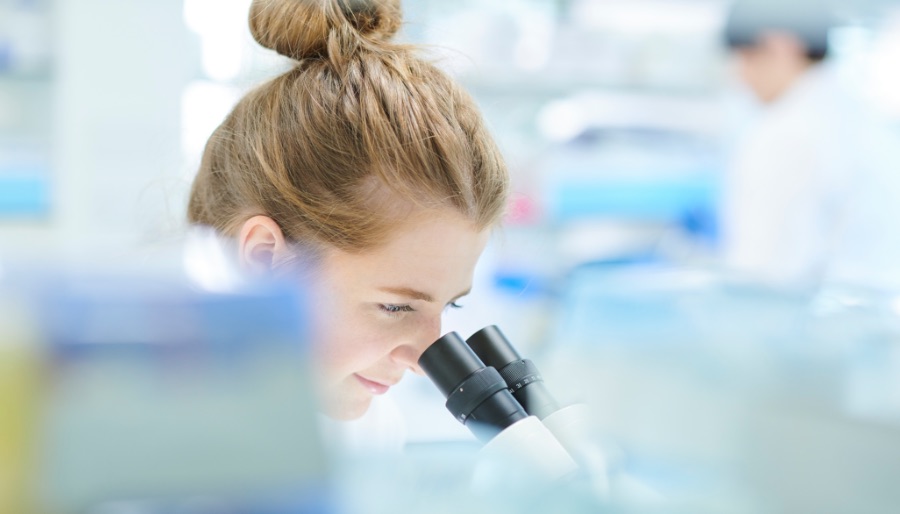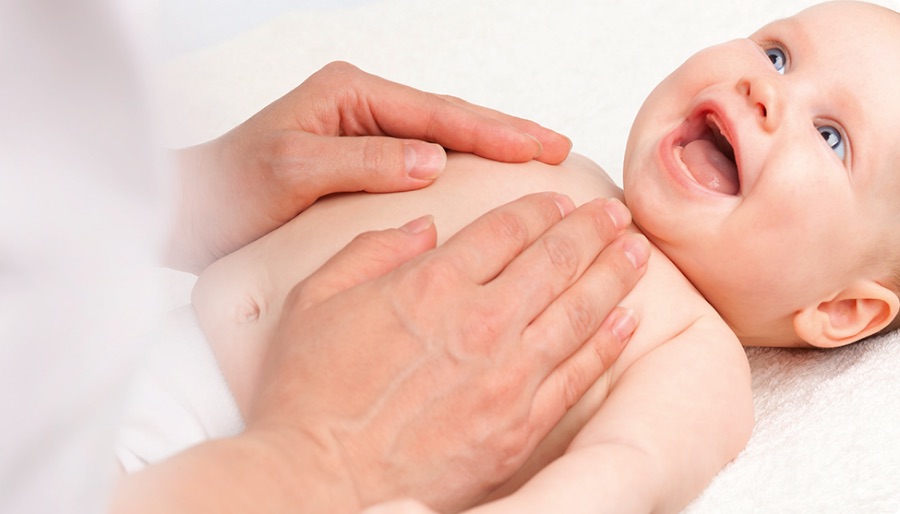1. Maternal microbiota influences the development of infant immunity during the prenatal and postnatal period
The infant microbiota is influenced by prenatal external factors, such as maternal stress,11 suggesting the importance of balancing the maternal microbiota during pregnancy.11 Further evidence suggests that manipulation of the maternal microbiota during pregnancy may play a key role in the health of the infant.12, 13
In randomized, blinded and controlled studies, maternal probiotic supplementation has been shown to support a healthy gut and immune system in infants. Mothers with a family history of atopic disease were supplemented with Lactobacillus rhamnosus, LGG® (hereafter referred to by use of the trademark LGG®) during pregnancy and breastfeeding (or given infant formula with the LGG® strain if not breastfeeding). After the intervention the newborns of mothers receiving the LGG® strain had a 50% lower incidence of atopic eczema compared to placebo-treated mothers.1 This effect was sustained in follow-up studies when the infants were 4,1, 2 and 7 years old.1, 3 Similarly, pre- and postnatal maternal supplementation with the LGG® strain, Bifidobacterium, BB-12® (hereafter referred to by use of the trademark BB-12®) and Lactobacillus acidophilus, LA-5® has been associated with a reduced incidence of atopic dermatitis in breastfed infants.4
Breastfeeding in the postnatal period can also impact infant immune development via the maternal microbiota. Selected gut bacteria and metabolites from the maternal gut can access the mammary glands.9, 14 This is further supported by mice models as probiotic bacteria given to the dams have been found in mammary tissue and milk.15 Maternal supplementation with probiotics has been associated with changes to breastmilk.5, 16 In some studies, consumption of the LGG® strain during pregnancy and breastfeeding has been associated with increases in breast milk concentration of TGFβ2, and with a reduced incidence of atopic eczema in the infant.16 TGFβ2 is an important factor for breastmilk-induced immune tolerance,17 since exposure to TGFβ2 stimulates immune maturation in the immature gut.18, 19 The same effect of an increased concentration of TGFβ2 in breastmilk was likewise observed following maternal supplementation with the LGG® and BB-12® strains.5





